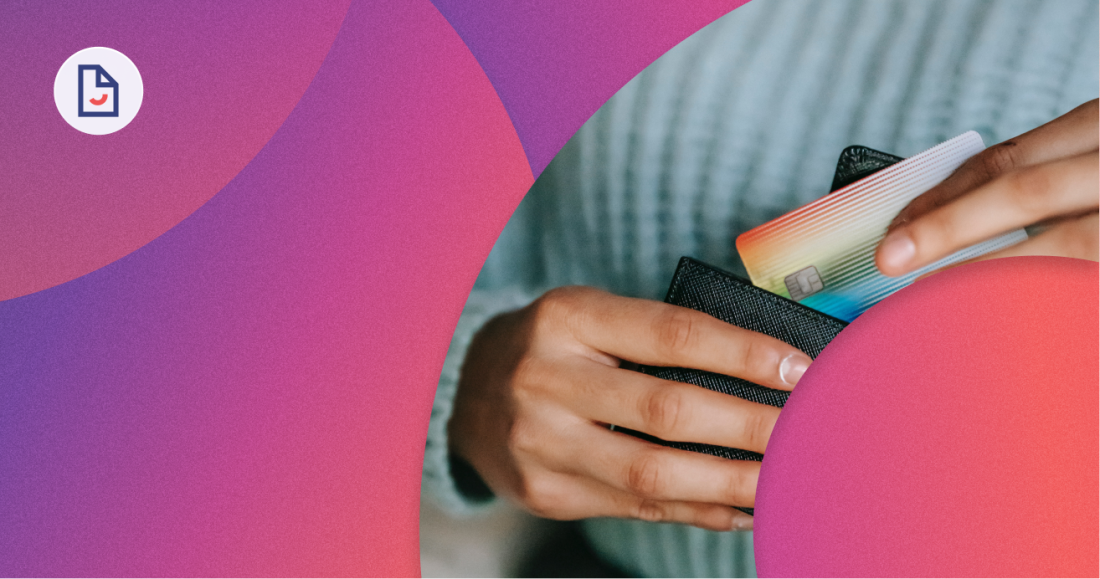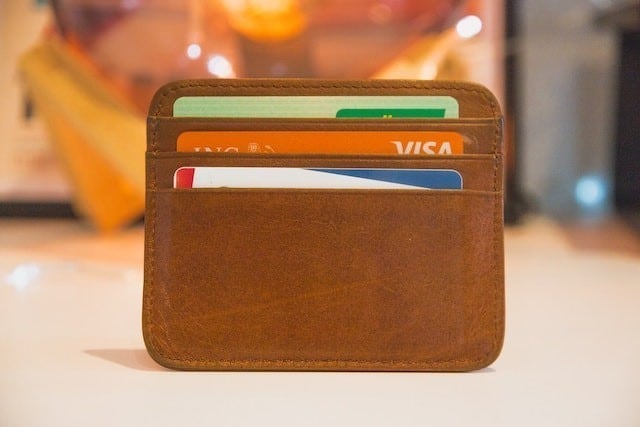
Opening a bank account in France: how and why?
Opening a bank account: yet another intimidating administrative procedure, especially if you have a language barrier! But don’t worry, the hardest part will probably be choosing which bank to subscribe in.

Opening a bank account is compulsory
You need it to make your payments
A french bank account is essential for your daily transactions: pay in shops, withdraw money, receive transfers...
In France, you’ll use your credit card a lot: you can pay by card practically anywhere. Cash is also a popular method of payment in France and ATMs never close and don’t have withdrawal limits for most. However payment apps aren’t very common here. The french don’t use WePay, Due nor AliPay!
Banks know this too well!
This need to open a bank account when you are a student is a real opportunity for the banks. Every year, more than 2,500,000 young people study in France: each of them is a potential customer for the banks!
Many banks have therefore chosen to form partnerships with certain schools. For example, LCL, which has partnered with HEC, has more than 500,000 students among its customers. Société Générale, a partner of Skema, has almost 1.9 million student customers.
A wide range of offers to choose from
The French banking system differs slightly from elsewhere in a couple of ways. For example, whereas the UK banking industry tends to be dominated by the 'big four' high-street banks, banking in France is more regionalised with regional variations even within some French banking chains on things such as fees. Another difference is that some French banks don't have advisory staff who will help you plan or invest your money.
French banks are largely similar in terms of how money is managed and payments are made. Most French banks offer overdrafts (découverts), plus payment options via credit/debit cards (carte bleue), direct debits, standing orders and cheque. Many also offer online banking.
If you already have a bank account in your home country, check if this bank doesn’t have a partnership with a french bank - it would simplify the procedure. Namely, Société Générale and HSBC may be willing to open an account in France for you if you already have one in your current country of residence.
However, it is cheaper to open an account in a French bank or in a bank for foreigners in France than in your home country’s bank.
You may be considering opening an account in an online bank upon arriving in France: they’re the most low-priced banks and they accept anyone who can prove they’re domiciled in France. Unfortunately, you can’t open an account in an online bank if it’s the first account you’re opening in France. Indeed online banks are compelled to ask bank details from a french bank to confirm your identity, as they can’t have you coming to an office.
So it’s best to fall back on a traditional bank accepting foreigner’s subscription in France. Here are a few of them:
- société générale: you can set up a meeting online and go there with the necessary documents to open your account (see list below)
- crédit agricole: just bring your ID and proof of address in France, and you’ll be good to go.
- Crédit Mutuel : same here
- HSBC : here too
- BNP Paribas : for european only: they require that you already own an account in France or in Europe.
Opening and terminating a French bank account: how to?
Supporting documents you’ll need
Just like for finding an apartment, you will need to provide the bank with a set of mandatory pieces to open your account: your ID, a certificate that you’re enrolled in a french school or university, a proof of residence (electricity or internet bill, insurance certificate, rent receipt…) and your residence permit if you’re from outside Europe.
It may also be asked of you to show a tax notice and your last 3 account statements you have in another bank (if you have another account).
Opening the account
For a traditional bank, you have to go to a branch to talk to an advisor. He or she will explain the nature and progress of the procedures, specify the documents to be provided, etc. You can take advantage of this opportunity to ask all your questions and clarify any grey areas, which is not really possible with online banking. Check the opening hours of your branch and its location before starting the process. As far as possible, try to choose the branch closest to you and whose opening hours coincide with your availability.
For an online bank, you should consult the different steps on the bank's website. Everything is done to guide the customer as efficiently as possible: the process is often simple, quick and clearly explained.
Closing your bank account
Sometimes you may need to close your bank account, for example, in order to switch to a bank with a better offer. In this case, there are several things to do.
You should already check that there are no transactions pending on your account. Pending transactions can be of several types: cheques that have not yet been debited, monthly withdrawals (rent, subscriptions, etc.), automatic transfers, etc. To make sure you don't forget anything, you can ask your bank advisor for a list of the direct debits and automatic transfers registered on your account.
After these verifications, you must inform your bank of your intention to close your bank account. To do this, you must send a letter of account closure.
Once the account has been closed, do not forget to return your chequebook and bank card to your bank or, failing that, make them unusable (break the cards and scratch the cheques for example).
It is also important to note that your bank may require you to respect a notice period to close your account. This clause is indicated in the agreement you signed when you opened your account. This notice cannot exceed 30 days.

Studapart assists you in opening your bank account
Our resource center for a better understanding
Opening a bank account is yet another administrative formality that takes time and caution. No worries! The Studapart resource centre is full of articles dealing with all the steps that tenants will have to take to prepare their rental, and also once they moved in. Feel free to take a look at them if you have any doubts!
Our support team's expertise
If you haven’t found what you were looking for in the resource centre, send us an e-mail or give us a call. Our experts speak several languages and are available 6/7 days for support and guidance.